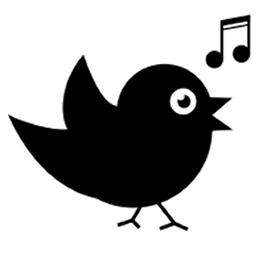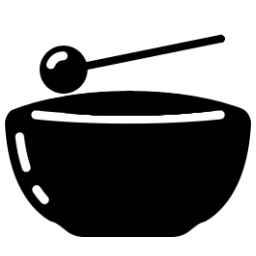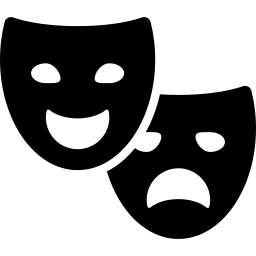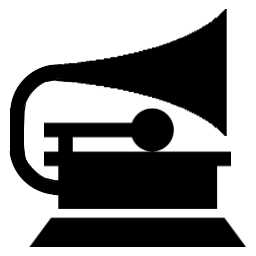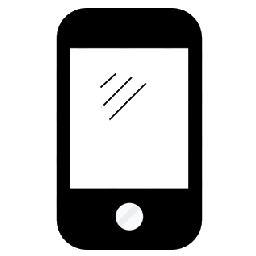Introduction - A Unique Musical History by RDBuras is not a reference manual. It is a story about the historical growth and development of music written from the author's unique point of view.
They say that music imitates life. Sometimes it’s the other way around. We all know of various connections our music has with the things around us. Some things just happen naturally and can readily be interpreted as song. Perhaps the rustle of the wind through the trees might be heard as applause for the voice of the songbirds..
It would seem that Primitive music has always been here. No one can say for sure just when, where or how people first started making music. It undoubtedly stemmed from the very things we do today to amuse ourselves. Tapping a foot or clapping hands have always been a means of musical expression.
Just as primitive people drummed, sang and danced, the mood of the ancient ruled world was just as anxious to entertain themselves. They were now beginning to realize that they were actually making music and it felt good to be heard. It was the Greeks who first studied and experimented with the science of sound to any depths around the year 500 BC.
We've been singing in churches, synagogues, and temples since the beginning of religion. The musical styles of biblical days was actually Ancient music. It was there but its sound has mostly faded to a mystery to modern man. The people of biblical times drank wine, danced and sang. Music was indeed a happy part of daily life for many during biblical days.
Monophonic was the term used to describe a wide variety of fairly organized musical styles from the period after ancient rule until just before any real forms of musical style started appearing about the twelfth or thirteen century. As implies it's earned title, the music of Medieval times was generally quite mono-thematic..
During the Baroque Period (approx. 1560 to 1780) music became very instrumental and very vocal, not to mention that the dancers wanted to get in on a good thing as well. Now we're about to learn what music is truly for by applying real mathematics coupled withnever before heard emotional style.
The Classical Period didn't last too long, about 70 or so years, but when stacked on top of what occurred during the Baroque period, it gave us music that will undoubtedly be with us forever. Step into what I have come to call the real 'class acts' of musical innovation.
The late eighteen century brought the departure from the strict exacting of the classical styles to the more intimate and emotional styles of the Romantic Period. The compositions here will touch you like no others in musical history. It was a revolution of the arts. Composers dreamed of embellishment.
We were coming of age musically and by the end of the 19th century we had witnessed the birth of several still popular musical styles. More and more personal styles such as Folk were in demand by the common people. Some made their own music to help others relate and tell the world how things were going. Things were changing.
We'd been using multiple formats and devices for recording and playing our music for a couple decades and were due a change. Vinyl albums are now sought only by collectors, 8-track tapes too faded into history after a very short lifespan.Then came cassette tapes which were great for a little while but..
We made it! We've finally reached plug n play status! Actually, the point and click generation never had it so easy. Thanks to not only personal computers but tablets, palm-helds, smartphones, jet packs, and digital apps of every kind therein, we carry our music literally right at our fingertips. A mere touch plays our music on a hoard of digital gadgets and apps. ?



